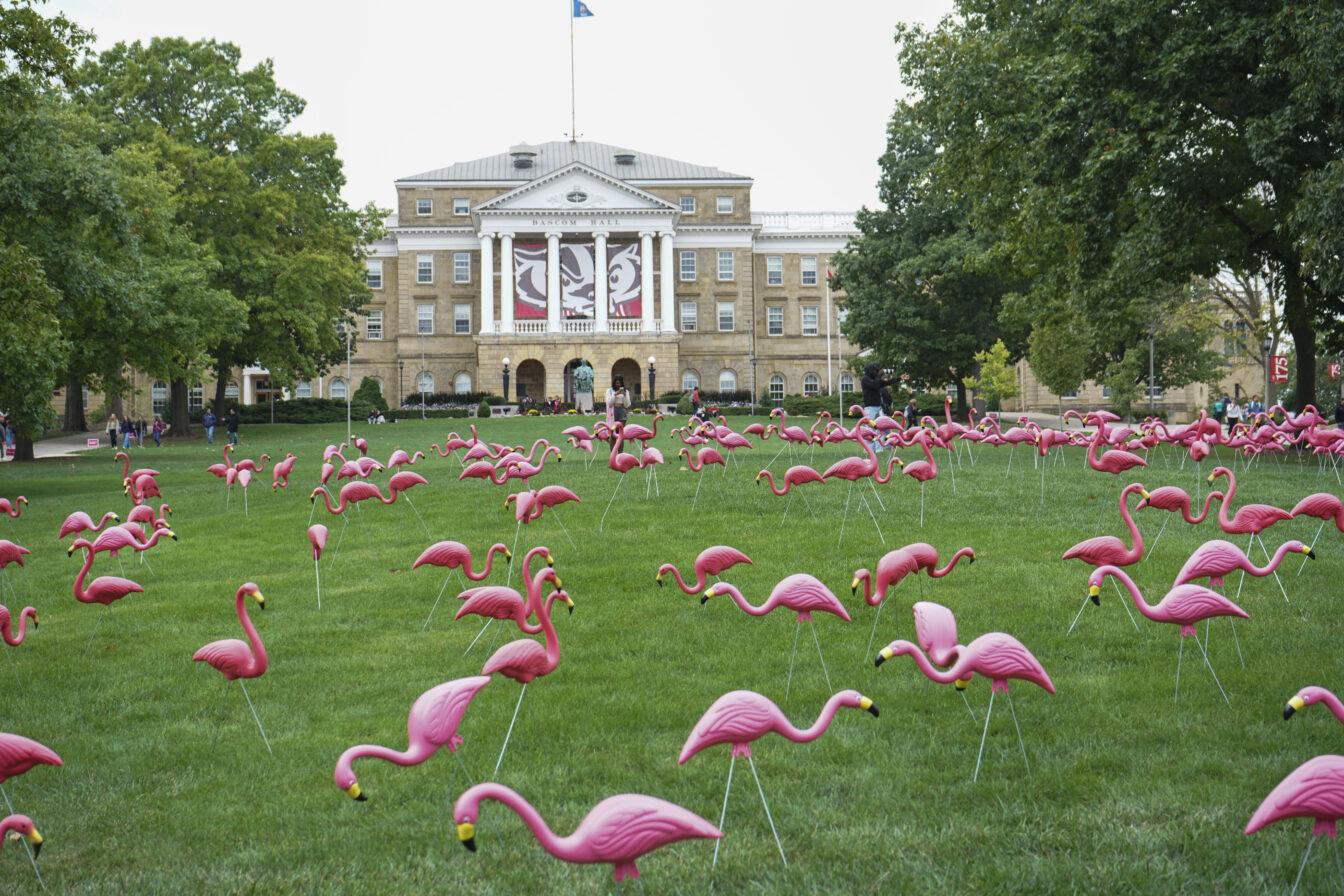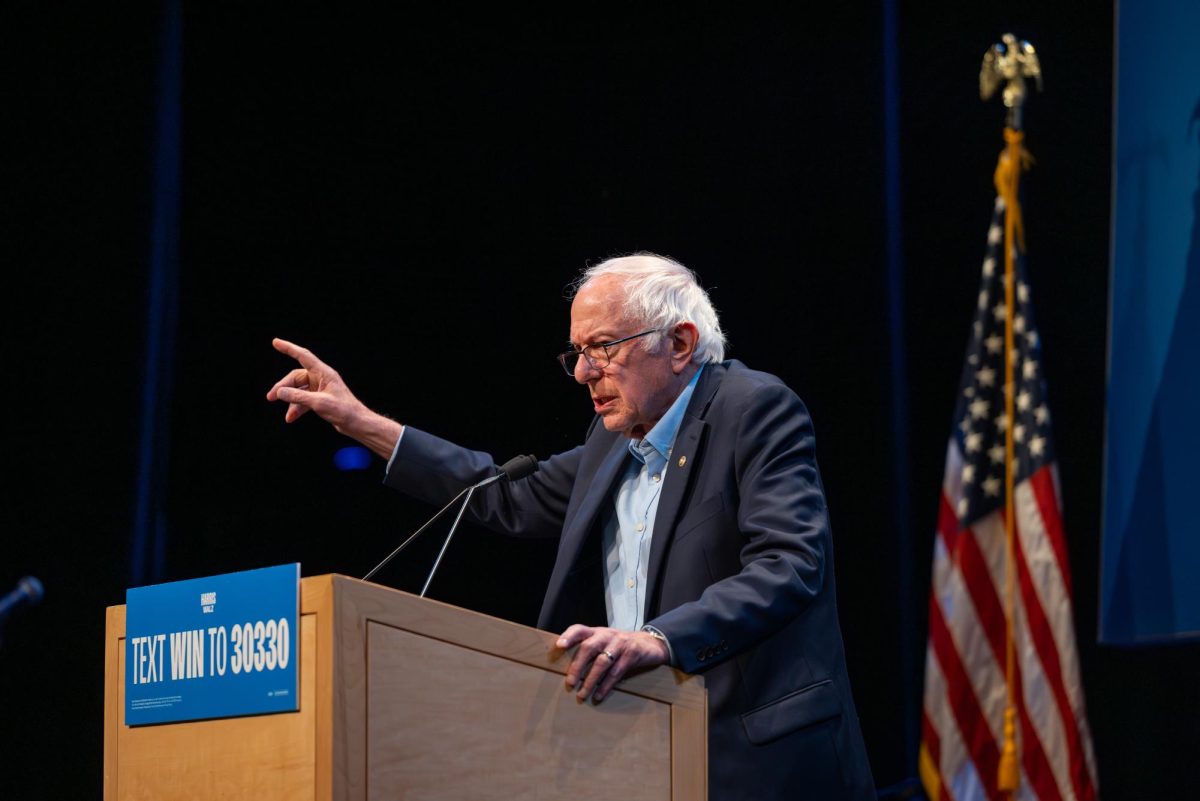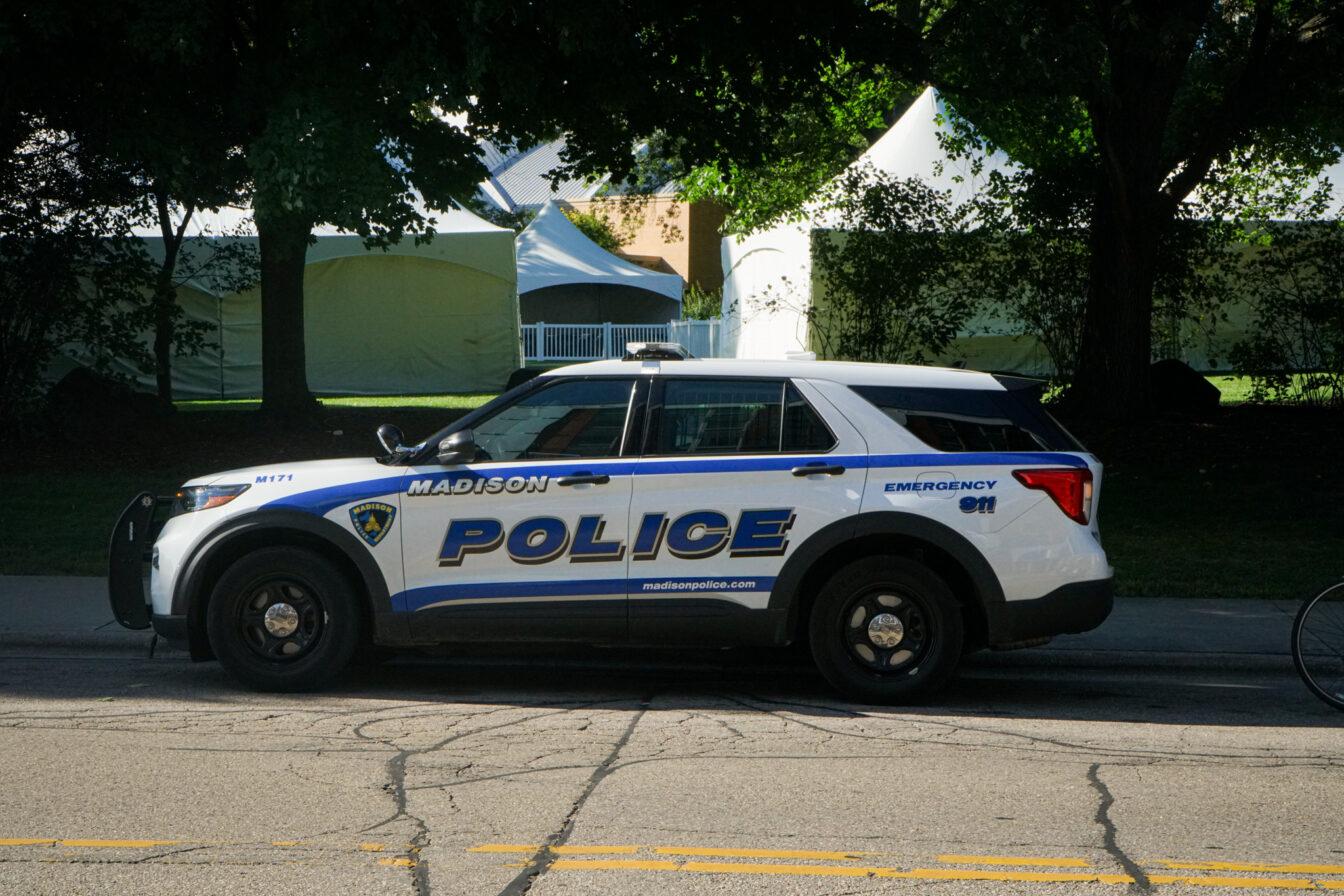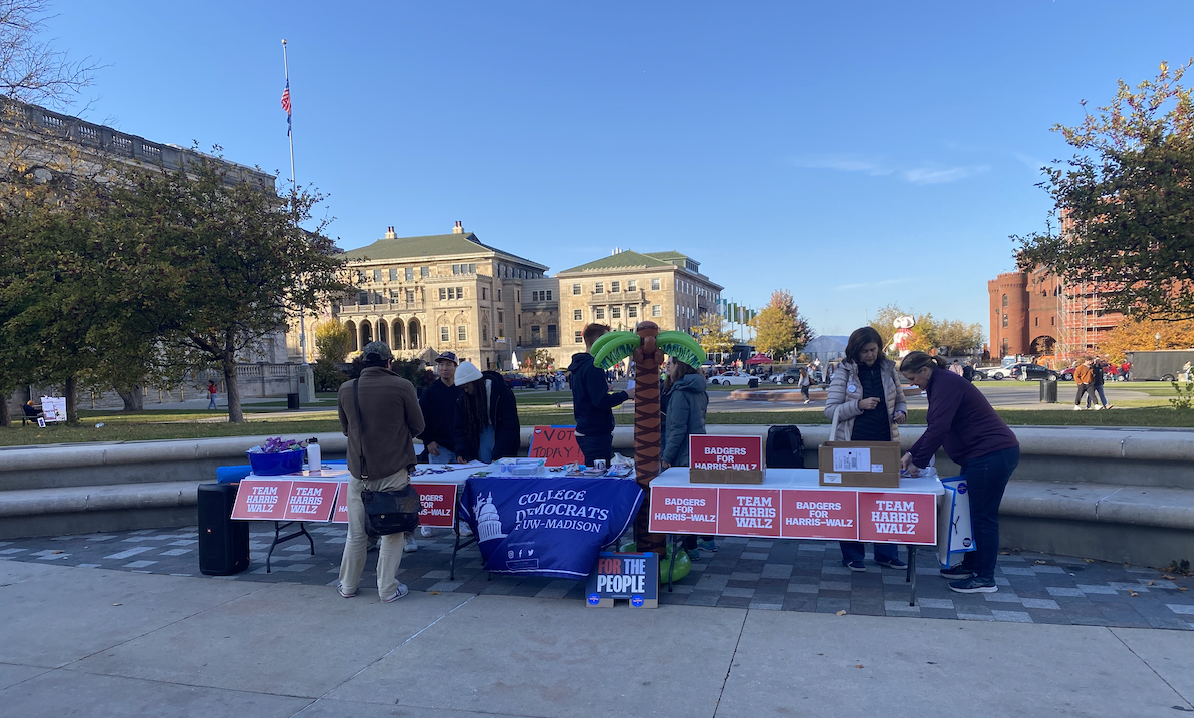Strikes and picketers continue to plague Yale University and its administrative and student counterparts, as 120 union leaders and members were arrested Saturday.
Demands from nearly 2,000 university workers for better job security and higher wages have turned the New Haven community into a political boiling pot over the last three weeks, with tensions culminating in the Saturday arrests.
An estimated 5,000 people came together to show support for the striking workers in a rally that police officials claim blocked traffic. As a result, the president of the American Federation of Labor-Congress of Industrial Organizations, John J. Sweeney, along with four other prominent labor leaders, was charged with civil disobedience.
Yale sophomore Josh Eidelson is a member of the Undergraduate Organizations Committee, which has been working to educate the campus community about the necessities of a fair settlement for workers. By distributing pamphlets and conducting teach-ins featuring university workers, the UOC has helped students to recognize the wrongdoings of the university.
In his opinion, the acts of civil disobedience were powerful reminders of the growing rifts in the university, which he feels administrators need to mend.
“I think that unfortunately Yale has not yet made a just offer. Students from all backgrounds find themselves wondering what went wrong,” Eidelson said.
He feels past negligent behavior from university officials in labor relations has contributed to the current mess.
“Yale still has a lot of distance to cover,” he said.
Sophomore Alan Kennedy-Schaffer, a student worker, believes both parties are responsible for the situation, and the students have felt its effects.
“The strikes have polarized the university community because the union leadership and administration are both too obstinate to see this problem is caused by both of them. There’s a whole relationship of mistrust, a general antagonistic relationship,” he said.
Such negativity has left many students to blatantly face the issues, even when most would prefer not to, Kennedy-Schaffer said.
As he noted, students are left without dining services and sometimes must relocate classes in order to avoid the noise and chaos of the picketers.
“As with any strike, it’s tremendously disruptive,” Eidelson agreed.
Kennedy-Schaffer feels such rocky relations are becoming a hallmark of the Yale community, causing frustration among the student body, which he thinks generally feels helpless.
“The whole university is devising a rationale where striking is seen not as the exception, but the rule. The students, administration and strikers all seem to get used to the idea of a strike,” he said. “I don’t think that’s a good thing.”
Both Eidelson and Kennedy-Schaffer recognize compromise as the only means to settle the issues, but accomplishing this may still take time.
Although Yale has offered a new contract proposal that would increase salaries by four percent for clerical employees and three percent for maintenance and dining hall workers, union members still are pushing for a more aggressive settlement.
Even if such an agreement is reached, Kennedy-Schaffer is not confident that it will mend the rift that has for so long divided the community. He anticipates more disputes to surface whenever contract renewals arise.
In order to push for their desired increases, labor leaders have organized more than 20 nationwide picketing and leafleting events that they hope will catch the attention of the university’s 16 trustees.







